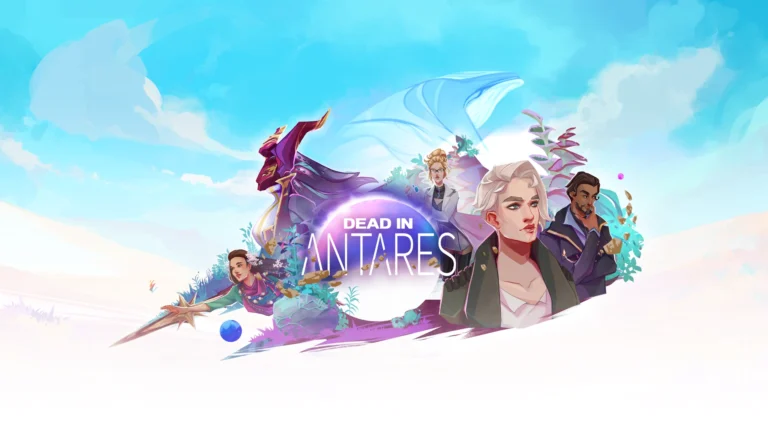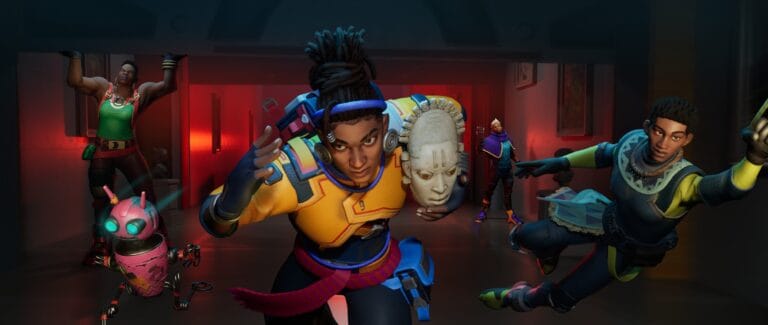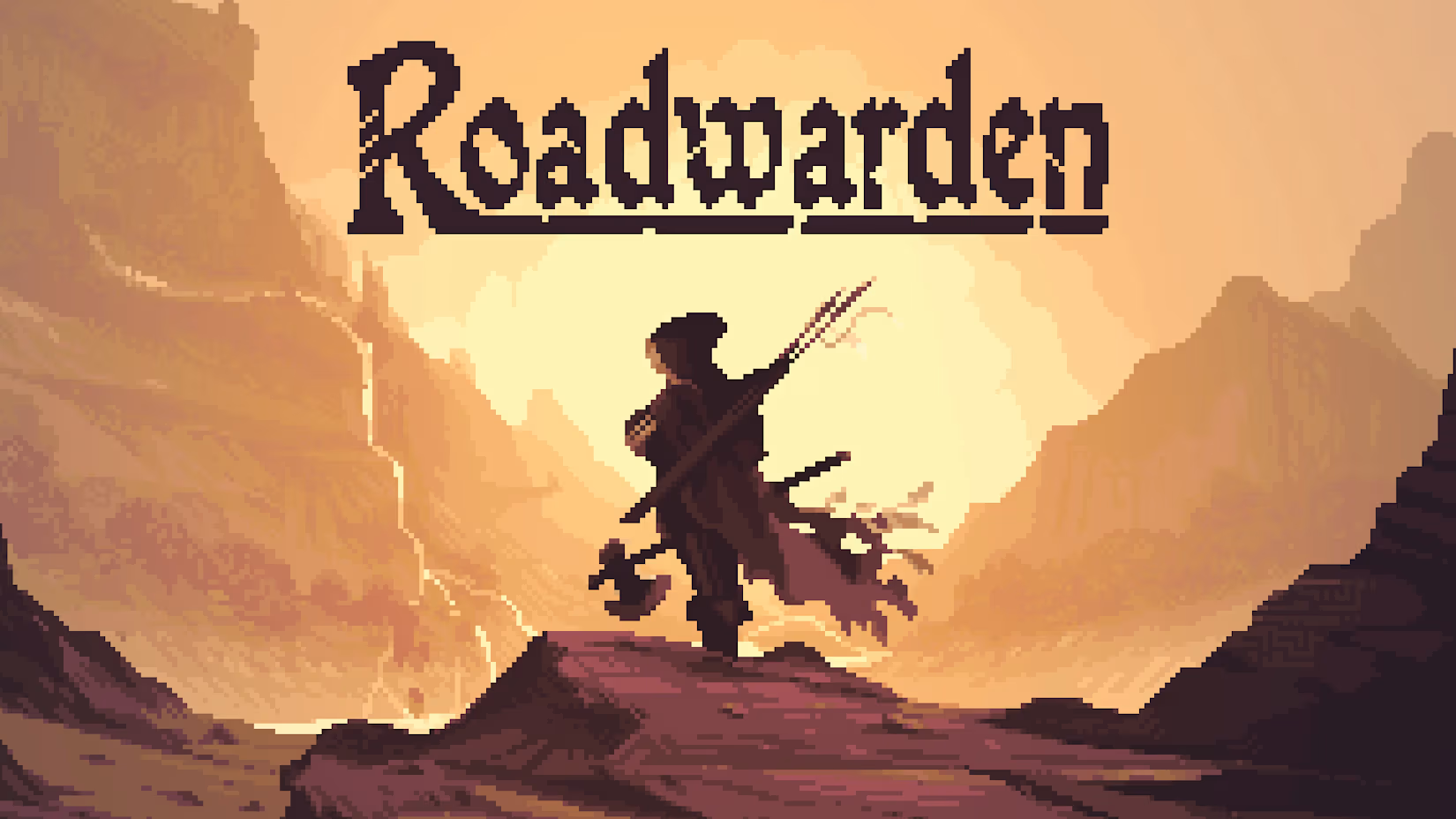
In a gaming landscape dominated by flashy graphics and rapid-fire action sequences, Roadwarden arrives like a weathered traveller on horseback unassuming at first glance, but carrying stories that linger long after the journey ends. This illustrated text-based RPG, which made its Nintendo Switch debut on 25th August, 2025, proves that compelling gameplay doesn’t always need explosions and button-mashing combos. Sometimes, all you need is exceptional writing and the courage to let players use their imagination.
What Lurks Beyond the Merchant’s Map?
Roadwarden is that rare breed of game that defies easy categorization. At its core, it’s a text-based RPG with survival mechanics, borrowing DNA from interactive fiction, visual novels, and classic tabletop adventures. Think of it as Disco Elysium meeting Oregon Trail, with a dash of Choose Your Own Adventure novels thrown into the mix.
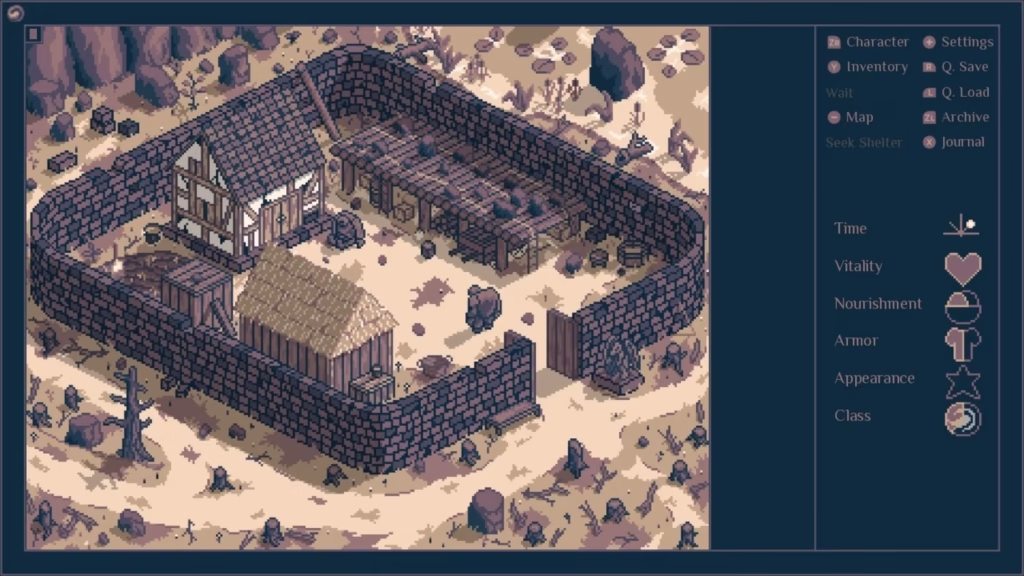
Set in a grim fantasy world reminiscent of medieval Europe during its most turbulent periods, you play as a newly appointed roadwarden essentially a mercenary-cop-messenger hybrid whose job is to keep remote paths safe and maintain the vital arteries of commerce. The merchant guild of Hovlavan has hired you to explore the mysterious Dragonwoods peninsula, a region that’s been cut off from civilization following a devastating war between north and south.
Your mission is deceptively simple: map the territory, assess the political landscape, and determine whether trade routes can be safely reestablished. What unfolds is a 30-40 hour narrative campaign that feels more like reading an engrossing novel than playing a traditional video game.
Tales from the Forgotten Peninsula
The storytelling in Roadwarden is where developer Moral Anxiety Studio truly flexes its creative muscles. Rather than relying on exposition dumps or cutscenes, the narrative unfolds organically through your interactions with the world and its inhabitants. The opening sequence alone demonstrates masterful design you’re not told you’re a roadwarden through ham-fisted dialogue, but rather discover your role and purpose naturally through context clues and environmental storytelling.
The peninsula itself becomes a character, scarred by years of conflict and isolation. Each settlement you discover tells part of a larger story about survival, cooperation, and the thin line between civilization and chaos. The writing strikes a perfect balance between dark realism and hope yes, the world is harsh and unforgiving, but your actions genuinely matter in ways both small and profound.
What sets Roadwarden apart from other narrative-heavy games is its commitment to meaningful choice consequences. Unlike many RPGs where dialogue options feel cosmetic, here your decisions ripple outward in ways that fundamentally alter your experience. Choose to help a struggling village, and word of your kindness spreads. Act selfishly, and doors close that might never reopen.
More Than Words: Mechanics That Matter
Don’t let the “text-based” label fool you into thinking Roadwarden lacks mechanical depth. The game employs a sophisticated survival system that makes every decision weighty. You must carefully manage your vitality, nourishment, hygiene, and finances (measured in “dragon bones” and “rings”), while racing against a 40-day time limit to complete your mission.
The character creation system offers three distinct classes warrior, mage, or scholar each providing unique dialogue options and problem-solving approaches. Playing as a scholar opens entirely different conversational paths than choosing the warrior route, encouraging multiple playthroughs to see how different approaches affect the world.
Combat exists but takes a backseat to diplomacy and clever problem-solving. When violence does occur, it’s handled through the same choice-driven text interface, making battles feel more like tactical puzzles than action sequences. The game’s random chance mechanics, indicated by dice icons, add tension without feeling unfair.
The isometric pixel art presentation deserves special mention. While the visuals are static, they’re beautifully detailed and atmospheric, perfectly complementing the written descriptions. The fog-of-war map system makes exploration genuinely exciting there’s real joy in watching blank spaces fill with discovered locations and connections.
The Road Less Traveled: Strengths and Stumbles
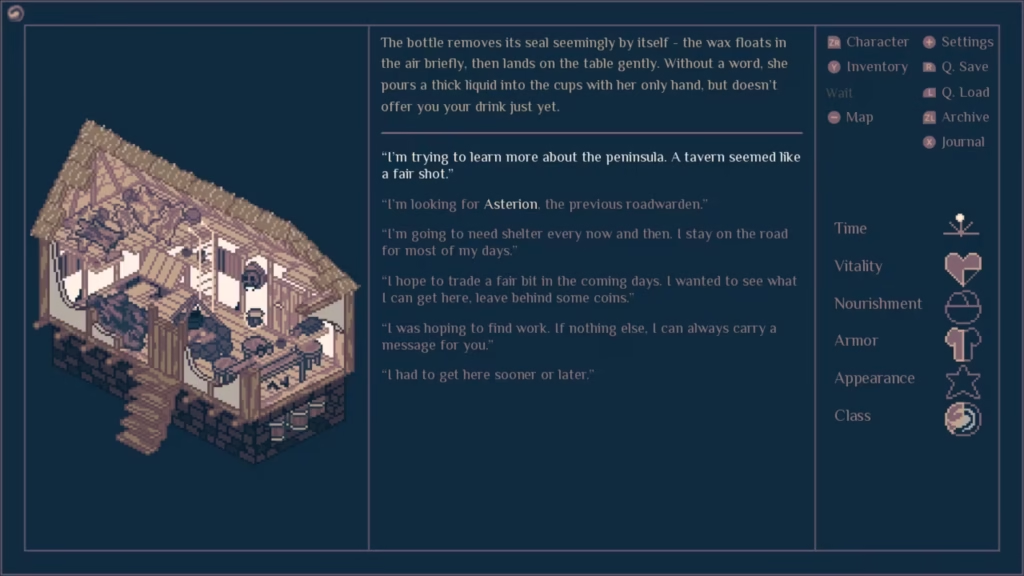
Roadwarden’s greatest strength lies in its exceptional writing quality. Every character feels authentic, from desperate villagers to cunning merchants. The prose is engaging without being overwrought, striking that difficult balance between literary ambition and accessibility.
The open-world exploration works brilliantly within the text-based framework. Unlike many modern open-world games that feel like checkbox-ticking exercises, here every location discovery feels genuinely rewarding. The quest system integrates seamlessly with the main narrative, avoiding the “random villager needs 10 wolf pelts” syndrome that plagues many RPGs.
However, Roadwarden isn’t without its shortcomings. The slow opening can feel overwhelming, especially for players unfamiliar with text-heavy games. The pacing occasionally drags, particularly during longer conversation chains that don’t significantly advance the plot.
The Nintendo Switch port, while generally solid, suffers from some technical hiccups. Menu navigation can feel sluggish in handheld mode, and several players have reported significant performance issues on Nintendo Switch 2, including extremely long loading times and frame rate drops. These technical problems are particularly disappointing given the game’s relatively simple presentation.
Who Should Answer the Call?
Roadwarden will find its strongest audience among fans of narrative-driven RPGs like Planescape: Torment, Disco Elysium, or The Banner Saga. If you enjoyed the political intrigue of Crusader Kings or the storytelling focus of Sunless Sea, this game will likely click with you.
Patient gamers who appreciate slow-burn narratives will find much to love here. This isn’t a game you play for quick dopamine hits it’s designed for evening sessions with a cup of tea, letting the story unfold at its own deliberate pace.
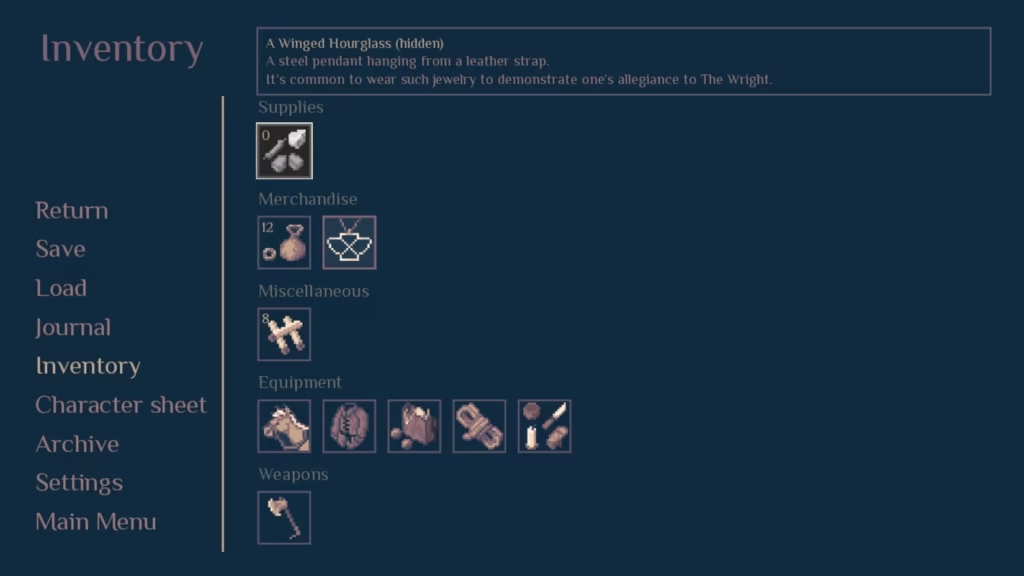
Conversely, if you prefer action-heavy gameplay or get frustrated by extensive reading, Roadwarden might test your patience. The game demands active engagement with its text you can’t simply button-mash your way through conversations.
Final Verdict: Worth the Journey Despite the Detours
Roadwarden succeeds brilliantly at what it sets out to accomplish. It proves that compelling gameplay doesn’t require cutting-edge graphics or complex mechanics sometimes, exceptional writing and thoughtful design are enough to create truly memorable experiences.
The Nintendo Switch version, despite its technical shortcomings, remains the definitive portable way to experience this narrative adventure. The ability to pick up and play during commutes or quiet moments perfectly suits the game’s contemplative pacing.
While the performance issues on newer hardware are concerning and hopefully addressable through patches, they don’t fundamentally diminish what Roadwarden accomplishes as an interactive story. This is gaming as literature a thoughtful, mature exploration of duty, community, and the stories we tell ourselves to make sense of an uncertain world.
For $10.99 on the Nintendo eShop, Roadwarden offers exceptional value for players willing to engage with its unique blend of storytelling and gameplay. It may not convert action game enthusiasts, but for those seeking meaningful interactive fiction, this is a journey worth taking.
Final Score: 4/5
Roadwarden carves out its own path in the crowded RPG landscape, proving that sometimes the most powerful adventures happen in the space between words and imagination.
This review of Roadwarden is based on the Switch version, with a code provided by the game’s publisher.
